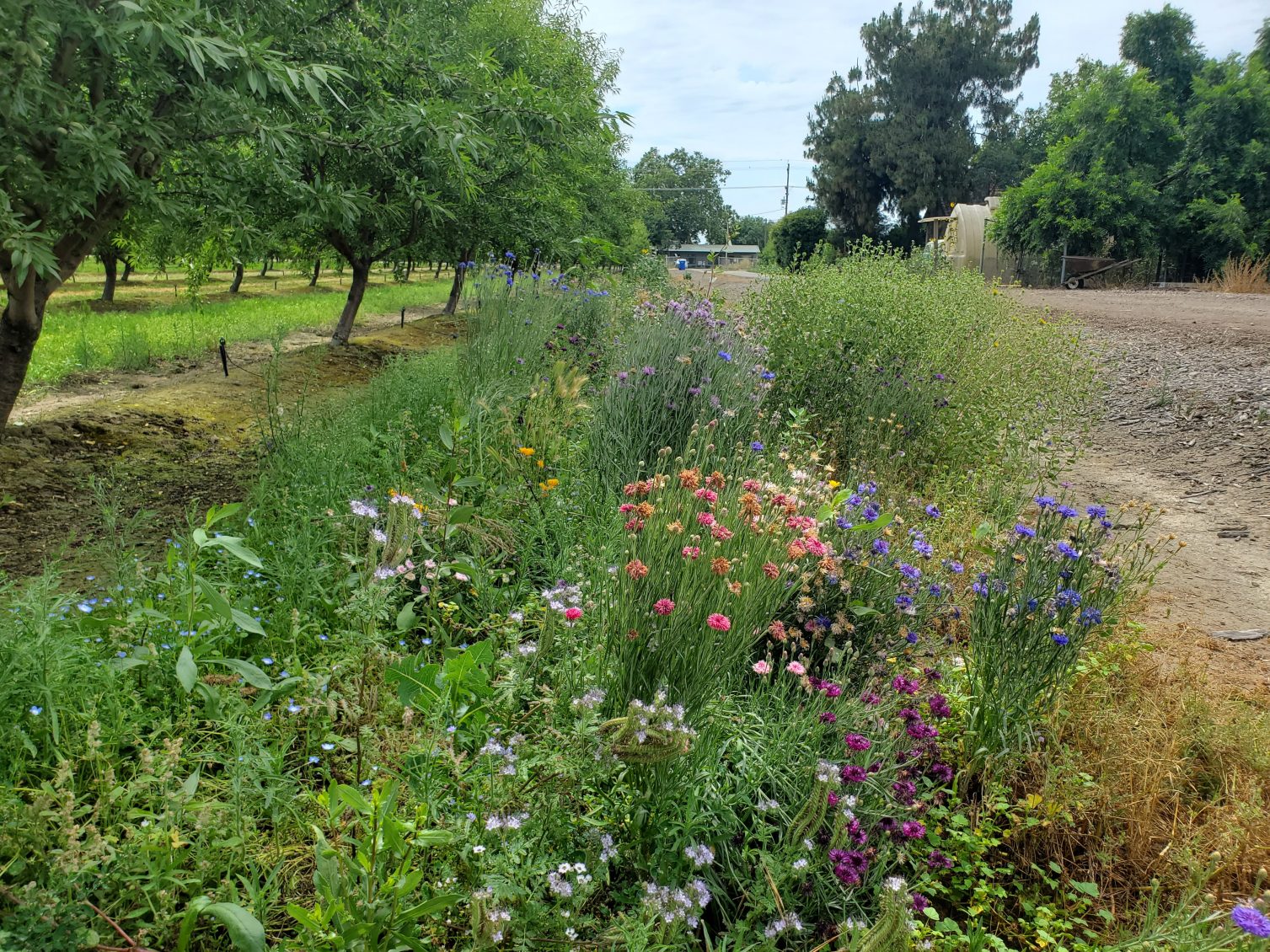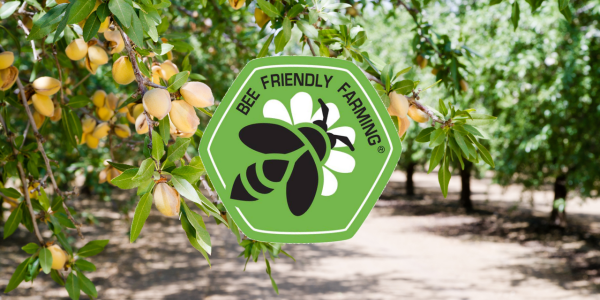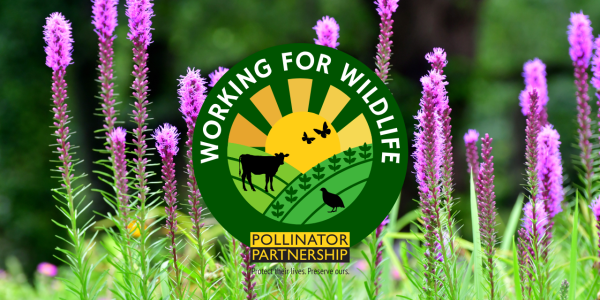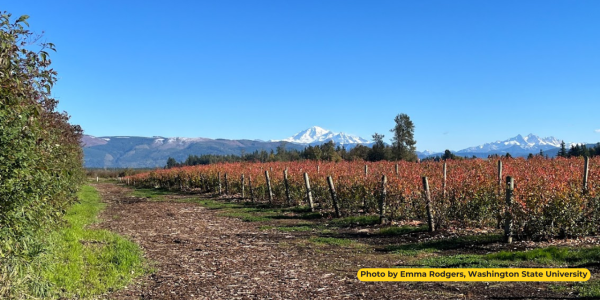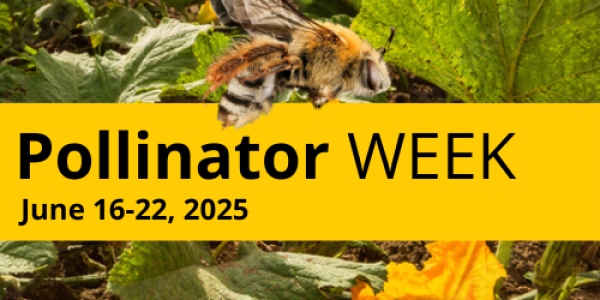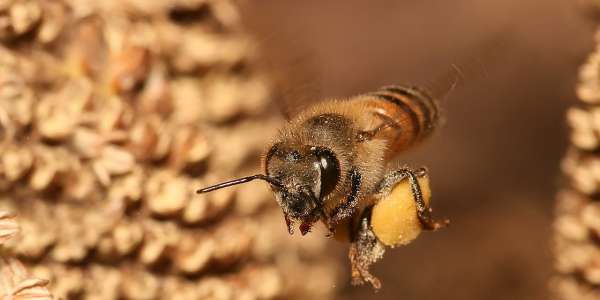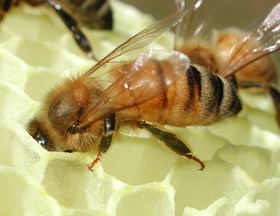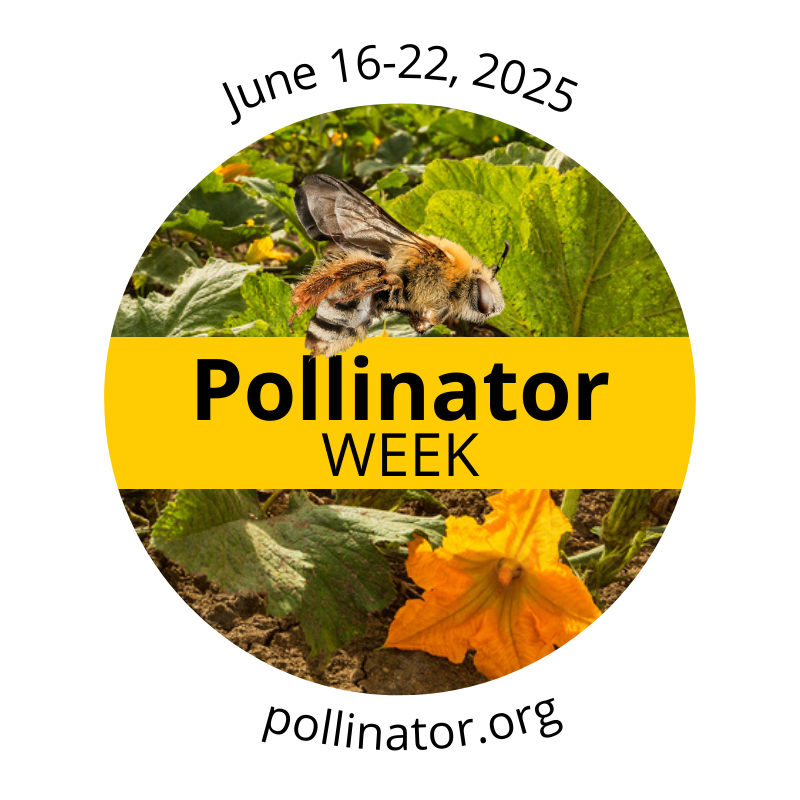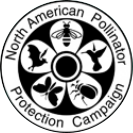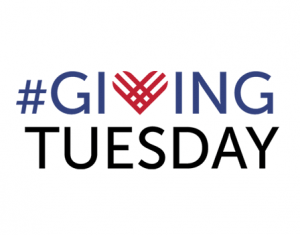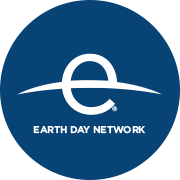Featured Highlights
-
Join Bee Friendly Farming
Become a Bee Friendly Farmer and help support bees and other pollinators on your land!
-
Working for Wildlife Series
The Working for Wildlife blog and video series is out now! Click here to subscribe so you never miss an episode. Our Partner Biologist staff is excited to release the Working for Wildlife series, a collection of short videos highlighting methods of pollinator conservation.
-
Installing habitat without the pests: New tool for blueberry growers
Read the latest article from the Pollinator Partnership blog!
-
Pollinator Week
We are so excited to unveil the 2025 Pollinator Week logo! Click here to view and download this year's logo featuring the wild hoary squash bee (Xenoglossa pruinosaI)
-
Honey Bees
Honey bees (Apis mellifera) are critical to agriculture and food production. Learn more about how Pollinator Partnership supports honey bee health.
In The News
Press Releases and Year End ReportsPollinator Partnership Blog
NAPPC Partner Forum
